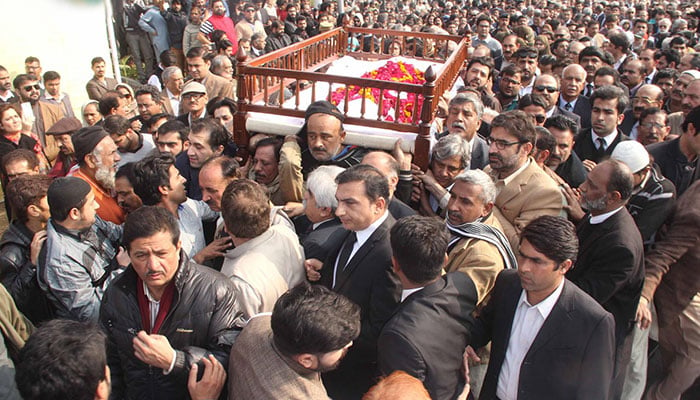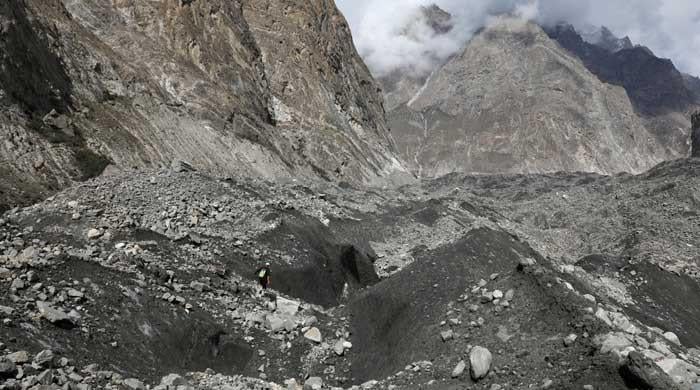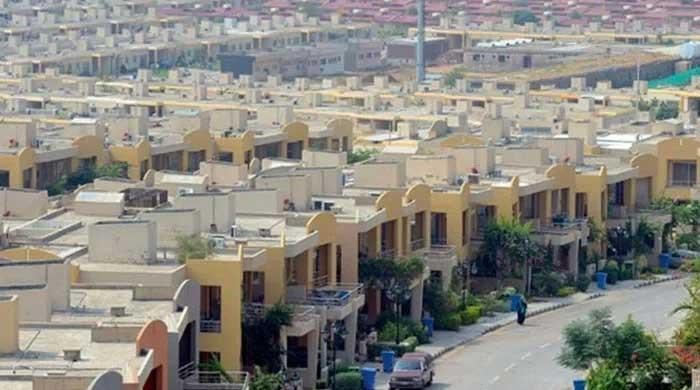The final goodbye to Asma Jahangir
Asma Jahangir departed from this world in the same way that she had lived in it; surrounded by her admirers, peers, friends, family, the marginalized and the vulnerable.
February 15, 2018

Asma Jahangir departed from this world in the same way that she had lived in it; surrounded by her admirers, peers, friends, family, the marginalized and the vulnerable. One could have easily mistaken her funeral for a protest. The kind we had seen multiple times in her lifetime. An undaunted Jahangir at the forefront of a march for democracy, for justice, for women’s rights. Hundreds - men and women - behind her.
But on February 13, there was one difference. The roles had reversed. This time, the people were leading her, carrying her on their shoulders as she lay in a brown casket.
The last rites of the lawyer were held in Lahore, at Gaddafi stadium, a short walk from her house. Built in 1959, the redbrick stadium and its sun-splashed grounds had witnessed many a crowd – some joyous, some disheartened – but this may be the first time it played host to mourners. And this was not some ordinary funeral, this was our final goodbye to Asma Jahangir.
No women stood at the margins as the men carried the casket. No non-Muslims looked on as Muslims carried out the rituals. It wasn’t just Jahangir’s day, it was ours, as plural Pakistanis.
Barely a row behind Maulana Syed Haider Maududi, who was leading the funeral prayers, stood Rev. Shahid Meraj, the Bishop from Lahore. This was the second prayer he was attending. He had already held one for Jahangir in the morning at his church. “People like Asma are born once in a century,” he said, clutching a garland of flowers, “She did not discriminate on the basis of race, religion, ethnicity or nationality. So all of us are here today for her.”
When the prayers began, hundreds of women lined up with the men, standing side by side, shoulder to shoulder. On Maududi’s left were nuns and behind him was a group of Sikh men.
“She wasn’t just a voice for women, she was Pakistan’s voice,” said Farhat Fatima, who had travelled from Islamabad to be here, “this is an end of an era.”
On the night of February 11, the day Asma Jahangir breathed her last, the dark sky lite up with thunder and lightning. The next day Lahoris talked about the terrifying roar that kept them up all night. But two days later, on the afternoon of Jahangir’s funeral, the sun beamed bright and warm. A soft breeze nudged along the men and women gathered at Gaddafi stadium. There could have been no better send-off for the one and only Asma Jahangir.
Note: The views expressed by the author do not necessarily reflect the official policy or position of Geo News, The News or the Jang Group











